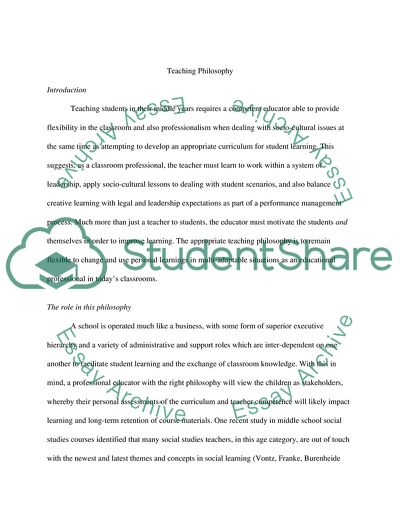Cite this document
(Main Aspects of Teaching Philosophy Coursework Example | Topics and Well Written Essays - 1750 words, n.d.)
Main Aspects of Teaching Philosophy Coursework Example | Topics and Well Written Essays - 1750 words. Retrieved from https://studentshare.org/education/1722985-teaching-philosophy
Main Aspects of Teaching Philosophy Coursework Example | Topics and Well Written Essays - 1750 words. Retrieved from https://studentshare.org/education/1722985-teaching-philosophy
(Main Aspects of Teaching Philosophy Coursework Example | Topics and Well Written Essays - 1750 Words)
Main Aspects of Teaching Philosophy Coursework Example | Topics and Well Written Essays - 1750 Words. https://studentshare.org/education/1722985-teaching-philosophy.
Main Aspects of Teaching Philosophy Coursework Example | Topics and Well Written Essays - 1750 Words. https://studentshare.org/education/1722985-teaching-philosophy.
“Main Aspects of Teaching Philosophy Coursework Example | Topics and Well Written Essays - 1750 Words”. https://studentshare.org/education/1722985-teaching-philosophy.


